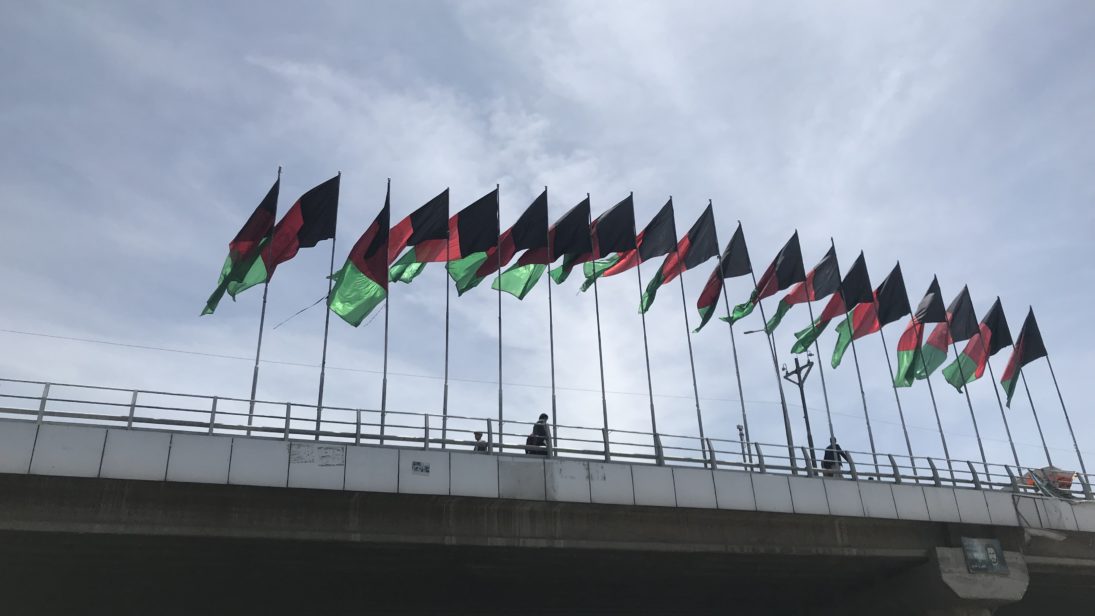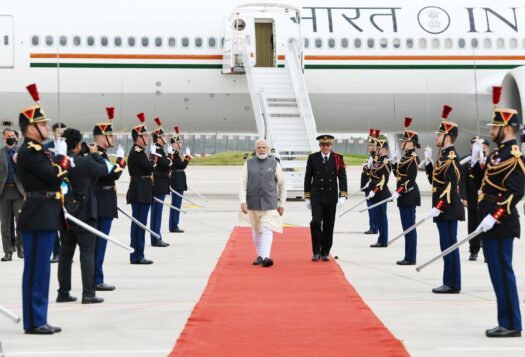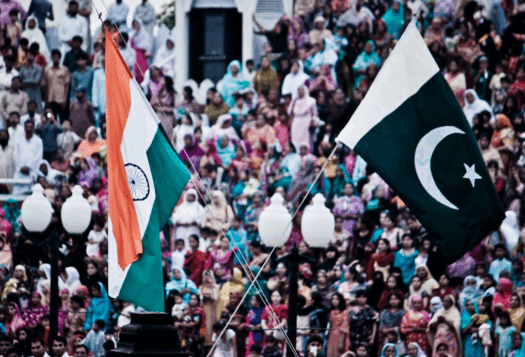
Two decades after the Afghanistan Bonn conference that excluded the Taliban, the future of the Afghan people depends again on a foreign summitry, this time likely one in Istanbul, Turkey. While ordinary Afghans have neither a role in directing the content of the peace talks nor a voice in the negotiations process, Afghan officials and the Taliban are invited to come together under United Nations (UN) auspices to reach an agreement about Afghanistan political future. President Joe Biden’s recent decision to withdraw U.S. troops by September 11 has resulted in greater uncertainty about whether the Taliban will participate in the upcoming summit. Whether in Istanbul or elsewhere, it will be a challenging task to reach an agreement between the two parties who each seek exclusive rule. The Taliban, expelled from the power in 2001, have emerged with greater strength, manpower, fighting capabilities, territory, and with a definitive upper hand in the intra-Afghan negotiations table. As Afghanistan is on the verge of a new civil war, stakeholders have misused the word “peace,” turning it into empty rhetoric. The international community must apply maximum pressure on parties to support a genuine end to violence and an inclusive, responsible government.
The international community must apply maximum pressure on parties to support a genuine end to violence and an inclusive, responsible government.
Productive Conferences to Summit-less Gatherings
For almost two decades, Afghanistan has enjoyed productive international donor conferences and billions in development aid. Yet gradually, the global narrative surrounding the mission in Afghanistan has changed. As the war has extended for two decades, initial narratives about building schools for Afghan girls, exporting democracy, nation-building and the war on terror have lost their cache. The Afghan government itself failed to fight corruption, as each Afghan presidential election was mired in fraud and the Kabul elites divided Afghans further by means of ethno-nationalist and political agendas. When U.S. military leadership concluded that there was no military path to win the war in Afghanistan, domestic public pressure demanded an end to the longest U.S. war. Those factors—coupled with Afghan officials’ inability to act as a reliable partner for Washington—resulted in the one-sided U.S.-Taliban agreement that paved the way for United States withdrawing its troops. While the United States initiates its withdrawal process, yet another organized “peace” summit is poised to take place.
The “peace caravan,” from Doha to Moscow to Istanbul
The upcoming Istanbul conference will be the third intra-Afghan-negotiations since the U.S.-Taliban agreement. After a long delay (due the disagreement about the prison exchange), the first summit took place in September 2020 in Doha. Although both parties first agreed on basic rules for negotiations, the Afghan government delegation and the Taliban were unable to reach a consensus about a political settlement.
The Taliban refused the Afghan government’s ceasefire proposal and the Afghan government used the negotiations delay as a tactic to postpone the talks to after the November U.S. election. President Ashraf Ghani was hoping that with the power change in Washington, President Trump’s successor would reverse the U.S.-Taliban agreement. Yet Washington, under the Biden administration, has largely kept the previous course and forced the Afghan government to keep the negotiations door open for the Taliban.
In an unprecedented letter, U.S. Secretary of State Antony Blinken warned President Ghani in stark terms that the state’s only path forward would be a power-sharing government with the Taliban. This precipitated the second intra-Afghan talks, which took place in March 2020 in Moscow. The troika event was another a high-level gathering but ended with concession on women’s rights issues. Now it seems that Washington has lost its patience and would like the Istanbul summit to engender a political settlement between the Afghan government and the Taliban.

Who Wants What?
In general, the international peace summitries are not the most suitable platform for resolving the longstanding, multi-party conflict. It typically takes years of behind-the-scenes negotiation before the conflict stakeholders are prepared for direct talks ahead of signing an agreement. In the Afghan case, the peace process is complicated by the fact that there is no internal cohesion within Afghanistan’s ruling parties. The Afghan leaders internally are divided and disagree about the future course of the country. President Ghani prefers to keep the so-called “Republic,” de facto a corrupt centralized system that consolidates power in his office. His former electoral opponent Dr. Abdullah Abdullah and his Northern Alliances circle prefer a decentralized government. Opposition parties, among and within which ranks former President Hamid Karzai, are lobbying for an interim government with the backing of many former Afghan officials. Meanwhile, the Taliban, while thinking about their participation at the so-called “Intra-Afghan negations table,” are continuing to employ violent tactics, including against journalist and civil society members who are opposed to reestablishing Taliban rule.
In the Afghan case, the peace process is complicated by the fact that there is no internal cohesion within Afghanistan’s ruling parties.
Another complicating factor for the upcoming Istanbul meeting—and, indeed, for all Afghanistan summits—is that all parties, including the host, have competing impulses and restricting interests. For instance, President Ghani already demonstrated through his three step peace proposal that he has no interest in sharing power with the Taliban or relinquishing office without an election. Yet Ghani’s holds power largely as a result of Washington’s financial support and has no other choice than to participate in a summit that may decrease his power.
The Taliban, who seek exclusive rule and hope to defeat Kabul government militarily after U.S. and NATO troops leave Afghanistan, already rejected the Istanbul summit and accused Washington of breaking the Doha agreement. While the Taliban are attempting to postpone their participation in a Washington-led power-sharing proposal summit, they are also pursuing UN and U.S. backchannels in the interests of future international recognition or financial support.
The United States is also ambivalent about its future role in Afghanistan. Despite announcing a September withdrawal date, it is unclear if President Biden’s will later deploy a counterterrorism mission to Afghanistan as he promised during his 2020 election campaign. It is also unclear what the United States will do if the Taliban ignore the Istanbul conference or engage in new violence against the remaining U.S. troops.
The Washington policy community has been fairly divided about the future U.S. role in Afghanistan and its potential descent into Taliban rule. The U.S. envoy must consider all of these perspectives including latest U.S. intelligence concerns about the consequences of withdrawing from Afghanistan.
The summit hosts and organizers are not impartial judges either. While the organizers are using the slogan “Afghan-led, Afghan-owned” peace process, they are the ones choosing whom to invite and dictating topics for the discussion. Moscow had previously acted out of self-interest in hosting a summit, seeking to undercut U.S. influence in Afghanistan and buttress its own. Istanbul, separately, seeks to mend ties with the United States, soured during the Trump presidency. This trend extends to all the regional powers, divided about Afghanistan’s political future along the lines of their respective geopolitical interests.
What is possible, and what needs to be done?
Summits are an imperfect solution to what ranked first in the top ten world conflicts, rooted in deep internal socio-ethical disputes and influenced by regional great power dynamics. However, the following might push parties in the right direction. First, before leaving Afghanistan, the United States should bring the Taliban and the Afghan government back to the negotiation table. Secondly, peace must be the collective end goal and not simply rhetoric obscuring more self-interested agendas. Third, the United States must replace its failed military strategy with active diplomacy by focusing on reconciliation between the Afghan government and the Taliban. Fourth, the voice of the majority of Afghans—particularly women and minorities who are neither part of the corrupt Afghan government nor share the Taliban’s theocratic ideology—must be included in the policy development phase post-Istanbul. Fifth, the United States, along with other international actors, should use its financial and political leverage to force both the Afghan government and the Taliban to start negotiating a new transitional power-sharing government.
Finally, the upcoming summit should not end again without an agreement about the temporary ceasefire. After almost half a century living amidst a bloody conflict, ordinary Afghans should not suffer more while corrupt Kabul elites, former warlords, and members of the Taliban gather under the shiny pretenses of a summit interested in their own power, not in peace. The world lost Afghanistan in the 1991 Civil War and should not lose it again in 2021.
***
Click here to read this article in Urdu.
Image 1: Wikimedia Commons
Image 2: Anadolu Agency via Getty Images


